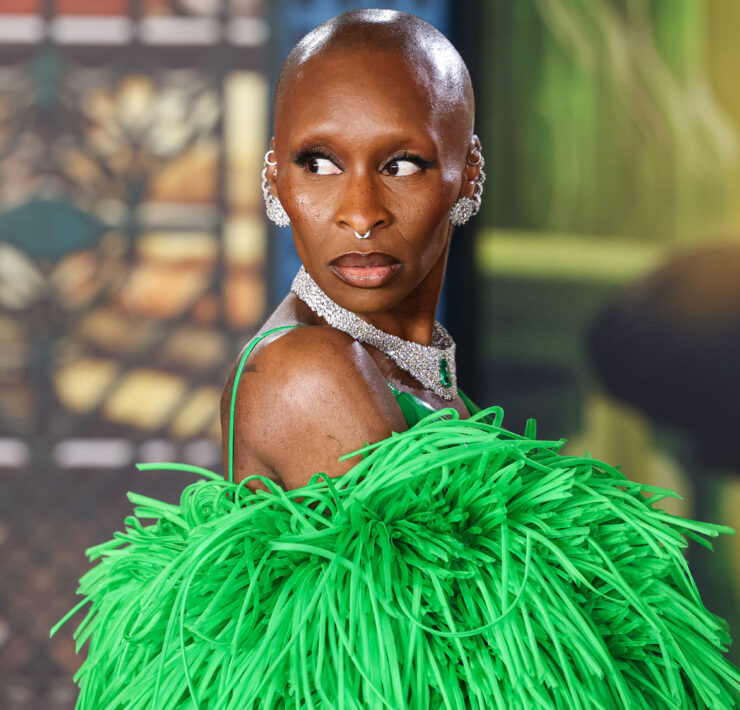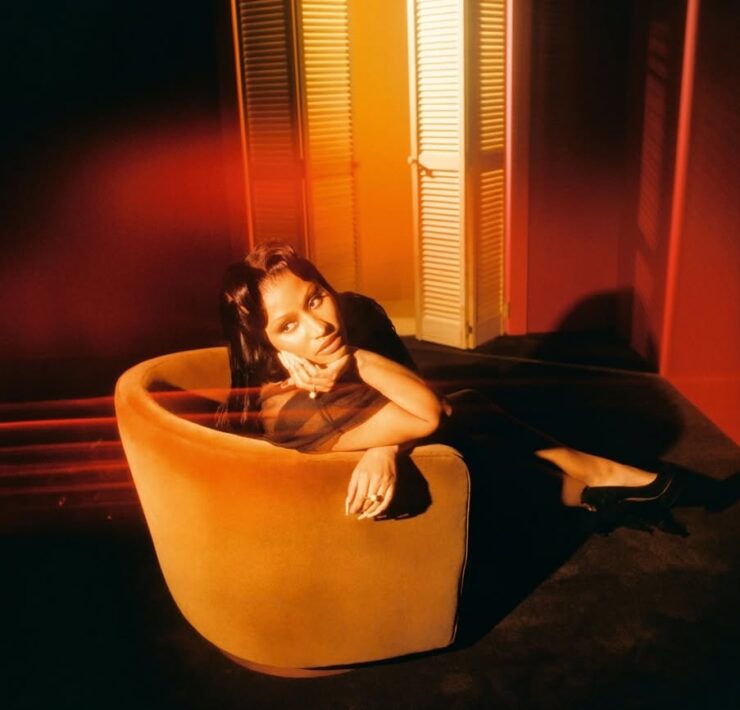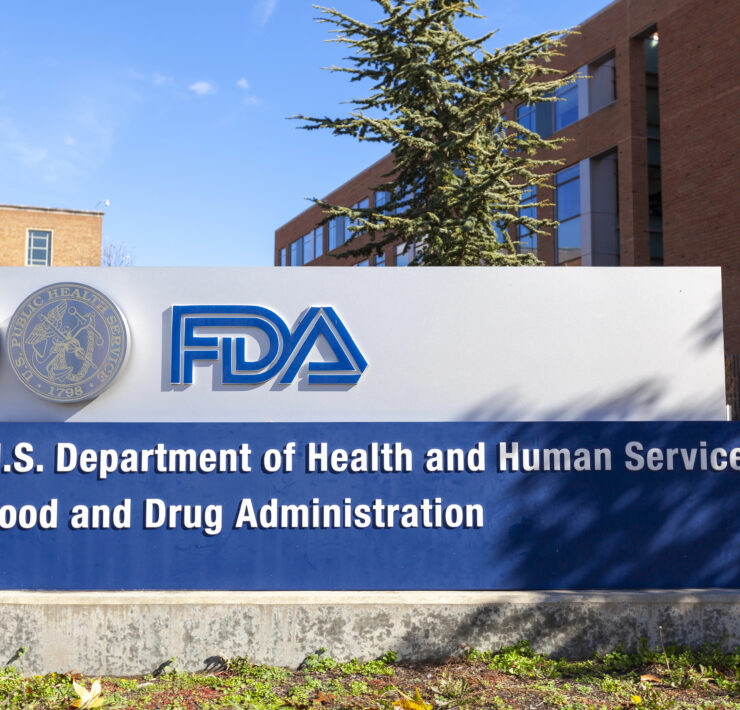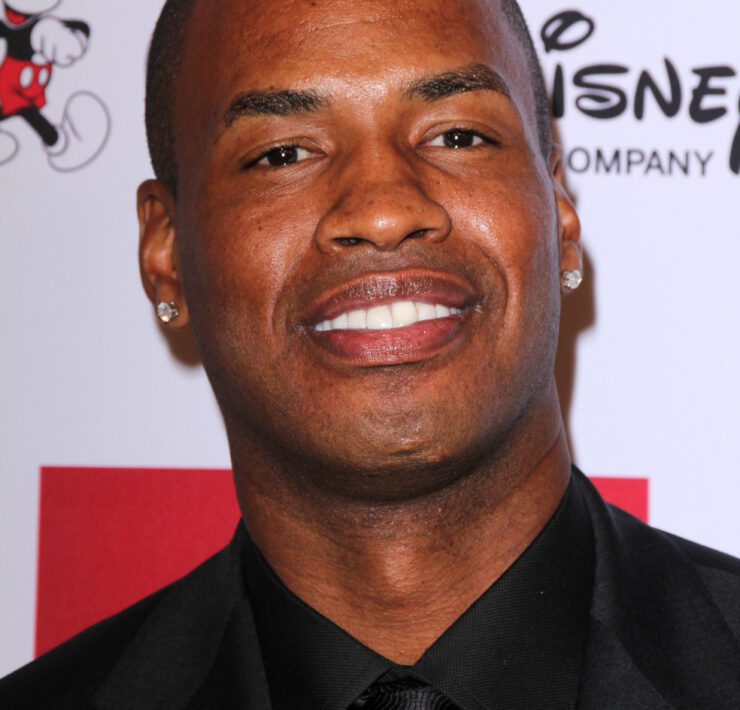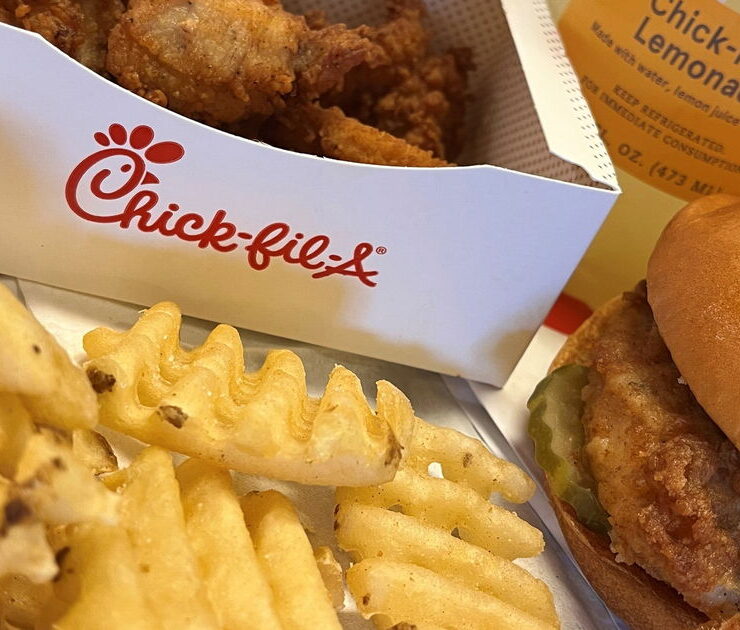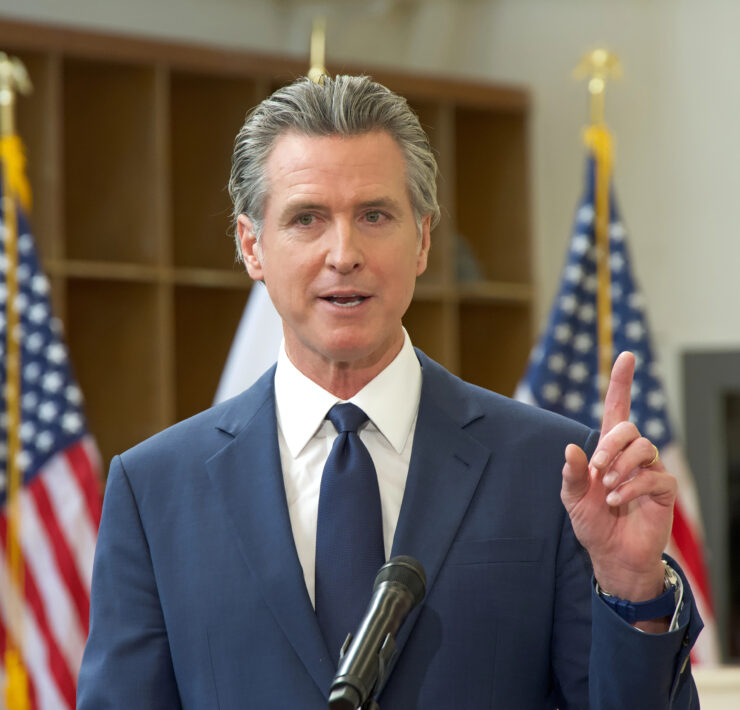The Evolving Voice: LGBTQ Acceptance in Hip-Hop

Mike is a freelance writer, environmental engineer, and public speaker…
Although I grew up in a wonderful but admittedly minimally diverse suburb in Michigan, my friends and I listened to a lot of hip-hop in high school. This was the late 90s, between the time when rap legends 2Pac and Biggie left us with sprawling masterpieces of vocal art, Eminem was emerging to shake up the scene forever, and I connected with the work of artists including Lil’ Kim and Missy Elliott.
While not on great terms with my sexual orientation at the time, I recognized early on that hip-hop was a less than friendly place for LGBTQ artists and fans. While some of the lyrics didn’t help me along the way to accepting myself, I couldn’t stop loving the music. To this day, I still know every word of dozens of tracks by artists ranging from Dr. Dre to Flint, Michigan favorites The Dayton Family.
I recently spoke with Khalil Amani, a Denver-based ally and influential voice in the hip-hop community. He’s taken on the challenging work of expanding LGBTQ acceptance in the scene for more than 30 years.
A self-described “friend of the underdog” since childhood, Amani shares his inspiration for his cause:
“As a straight ally and a first-generation hip-hop fan (I’m 62!), I always envisioned hip-hop/rap music as the ‘voice of the voiceless.’ Rap music spoke to the downtrodden, the marginalized, the disenfranchised, those on the fringes of society. And so, that would not only include the African American/Black voice, but all people of color and women and gays.”
Amani authored the book Hip-Hop Homophobes: Origin & Attitudes Towards Gays & Lesbians in Hip-Hop Culture in 2007; the release led to features in Spin, LA Times, and Straight Stuntin Magazine. He even presented his work to Kanye West, who then stopped his Glow in the Dark tour at Madison Square Garden to speak to the crowd about not being homophobic.
“Was it my book that caused Kanye to speak out? I would like to think it helped!”

One indicator of the unwelcome attitudes toward the LGBTQ community has been the use of anti-gay language in the work of famous artists.
Following trends of Eminem, 50 Cent, and Ja Rule, I was surprised when in 2005, Lil’ Kim, one of my rap icons, used a gay slur in her track titled “Whoa” in addressing former comrades. I remember feeling disappointed at the time, as in prior years, she had expressed that she loved her gay fans. This led me to the distinction that although hurtful, these statements were not always directed at the LGBTQ community. (Lil’ Kim has since headlined numerous Pride events.)
I asked Amani his perspective on the use of gay slurs in hip-hop, including its origins.
“Hip-hop, for a time used gay slurs, but not so much against gay people, but because that’s where these artists came from. Gay slurs as disrespect were part of the landscape in which they grew up.”
Understanding this a little better, but still recognizing the importance of progress, I inquired whether he believes these occurrences have begun to change over time. Fortunately, his response is a resounding yes.
“The homophobic rap lyricism of the 80s, 90s and early 2000s is becoming like the dinosaur! You just don’t hear it as much. Artists, producers, and record labels seem to be aware of the homophobia of the past.”
Although isolated incidents continue to exist, improvement is evident.

Amani’s efforts have not always been met with warmth. Changing the rhetoric of deep-rooted cultural norms, which he believes have been heavily influenced by oppressive religious traditions, has taken perseverance. Despite the resistance displayed by some over the years, many others have been receptive to the notion of inclusivity. He also notes that the younger generation is a powerful influencing factor in evolvement. “I believe hip-hop is one of the most powerful movements for young people. When young people accept an idea, it’s a rap!”
In 2009, Amani shared with the LA Times that eventually an openly gay rapper with undeniable talent would eventually become mainstream. As a fan, I too had recognized this untouched barrier waiting to be leapt over, though imaging a person able to do this presented me a bit of an enigma. Sure enough, and following in the footsteps of groundbreaking artists like Frank Ocean and Young M.A, rapper Lil Nas X took the world by storm one decade later with his Grammy-winning, diamond certified mega hit “Old Town Road.”
“Lil Nas X’s impact is more than I envisioned!” Amani exclaims. “I see this as a great start with more LGBTQ rap artists creating spaces on these airwaves.”
What work remains in hip-hop today?
“There’s much more work to do,” Amani says. “Hip-hop is my piece of the puzzle that I believe can help eradicate and/or eliminate homophobia in the world. There’s power in music and young people have that power!”
As I put on a new track by superstar rapper and ally Megan Thee Stallion, I reflect on the progress in hip-hop since the time I started listening and the adversity that has been overcome to arrive here. Amani’s story reminds me that change, even amid implausible circumstances, is always possible. Sometimes, it just takes a courageous voice to lead the way.
Images courtesy of Khalil Amani
What's Your Reaction?
Mike is a freelance writer, environmental engineer, and public speaker in Denver. He seeks to bring people together through inspiring topics, humor, and exploring the possibilities of existence.



